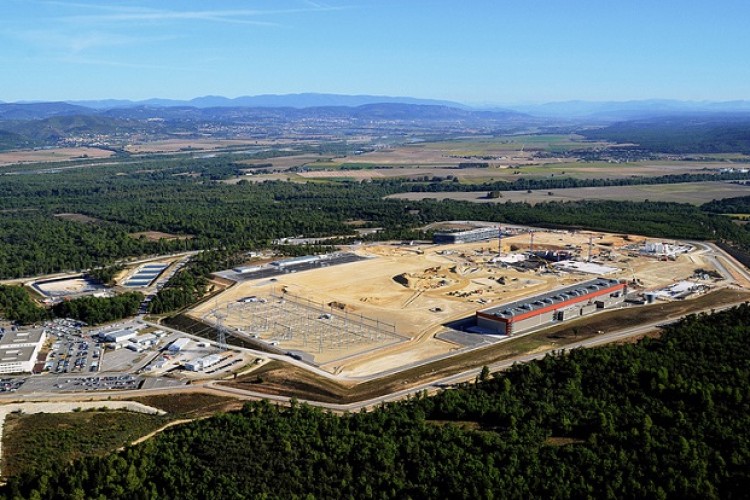This is the second time the company has won work on the Iter project: since January 2013, a consortium comprising Ferrovial Agroman, Vinci and Razel-Bec has been building the Tokamak complex, the main building that will house the reactor, and designing and building nine ancillary building.
Ferrovial’s latest contracts with F4E - the European Union organisation managing Europe’s contribution to the project - are worth approximately €40m (£33m) and will take about four years to build.
Under the first contract, Ferrovial Agroman will build two buildings for magnetic power conversion, each with an area of 4,900m2 and a volume of 39,000m3. These buildings will house components manufactured in China, Russia and South Korea that will transform alternating current into direct current to supply the magnets of the Tokamak. The company will also build a smaller building for the reactive power compensation system, which is necessary for the electricity grid to function.

Under the second contract, Ferrovial Agroman will design and build the cooling tower and the hot and cold water basins. These structures, the size of 10 Olympic swimming pools, will store the water to cool the Iter. Under the agreement, Ferrovial Agroman will also build a set of buildings for cooling and water treatment systems, among other functions.
There will be a total of 39 buildings on the 42-hectare Iter site. There are currently 300 people working directly on construction, and that number is expected to reach 2,000 by mid-2015. “Construction of the Iter project is reaching a turning point: an increasing number of companies are participating, and a growing number of workers are developing one of Europe’s most important projects,” said F4E director Professor Henrik Bindslev.
The Iter project is a first-of-a-kind global collaboration in the field of energy. It will be the world’s largest experimental fusion facility and is designed to demonstrate the scientific and technological feasibility of fusion power. Fusion research is aimed at developing a safe, limitless and environmentally-responsible energy source. Europe will contribute almost half of the costs of construction, while the other six members of this international joint venture (China, Japan, India, the Republic of Korea, Russia and the US) will contribute the remainder in equal parts.
Got a story? Email news@theconstructionindex.co.uk



